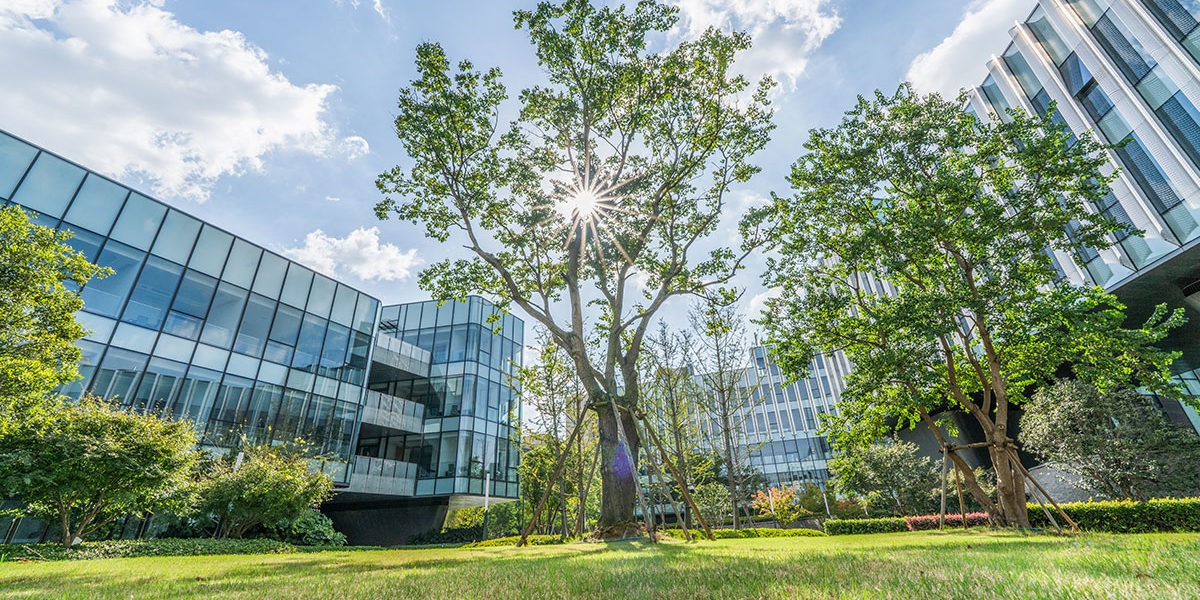With MIPIM drawing to a close, our final blog post takes a different look at the conference’s theme of Green is the new black. This time we’re looking at how housebuilders can create a sustainable building lifecycle. For housebuilders and developers looking to implement eco-friendly building practices, examining all stages of the building lifecycle is essential to ensuring that every angle is considered.
In 2021 report, ‘Building and Buying Better Homes’, we brought together the views of more than 300 housebuilders and 2,000 plus homebuyers to understand how sustainable building is being viewed from ‘both sides of the fence’, as well as identify where sustainability is being side lined and how this can affect the overall efficiency of a building. In this blog, we explore some of the key legal issues that developers need to consider during the building lifecycle when it comes to sustainability.
Planning
Our research found that the planning phase of the building lifecycle where sustainability is most often observed, with 61% of developers considering it at this stage. Planning obligations including section 106 agreements and The National Planning Policy Framework (NPPF), which sets out the Government’s economic, environmental and social planning policies for England, make it more important for sustainability to be a priority at this stage.
Construction
The construction industry regularly comes under the spotlight when it comes to looking at sustainability as, by its very nature, construction uses a large amount of natural resources and raw materials. There is a lot of pressure for construction firms to consider using renewable energy and recyclable materials as well as reducing energy consumption and waste. Our research showed that more than half (57%) of housebuilders are considering sustainability in the construction stage.
Developers should consider the benefits of sustainability in supply chain contracts including cost reductions – the World Economic Forum published research that sustainable supply chain practices resulted in cost reductions of around 9% to 16%. Greening your supply contracts will also ensure that housebuilders are creating a more resilient supply chain, making them much stronger and more transparent in a crisis.
Design
During the design stage of the building lifecycle, developers should consider the sustainability of the building in the long term. It is not enough for the building materials and foundations to be environmentally friendly, developers must ensure that the building will continue to be sustainable once the lifecycle is over.
Developers should consider how they can use innovation in this stage to create sustainable design concepts and ideas for their buildings. They must then explore what intellectual property (IP) rights are available to the creation. ‘Green technologies’ may be open to specific programmes, including the World Intellectual Property Organization’s ‘WIPO Green‘, an online marketplace aimed at accelerating the development and diffusion of green technologies.
Financing
Considering sustainability in the financing stage will ensure that housebuilders can sustain their profit margin while also creating a sustainable development. While housebuilders are aware of the options when it comes to green funding, banks are still not seeing an uptake in green loans. Less than a third (32%) of housebuilders said they considered sustainability in the finance stage, and even less (13%) said they have used green loans as a method of funding.
Sustainable financing options increase the developer’s chances of receiving funding and enhance the lender’s sustainability credentials, benefitting both the lender and developer.
How we can help you
Although there is continuous movement towards a more sustainable building lifecycle, our research found that 96% of housebuilders need more guidance on a wide range of areas, including efficient use of energy, water and other resources; pollution and waste reduction measures; and the use of low carbon intensity, non-toxic, ethical and sustainable construction materials.
Download our report, ‘Building and Buying Better Homes‘, to explore the full building lifecycle and the key legal issues that need to be considered to ensure that you are implementing sustainability best practice throughout your project. For more information on how we can guide you through your building lifecycle, visit our website.
About the author(s)
Ben Stansfield is one the UK's leading lawyers practising planning and environmental law. Ben is based in Gowling WLG's London office and brings with him a wealth of experience advising clients on the consenting and regulation of their projects and their compliance with environmental regulations and reporting standards.

